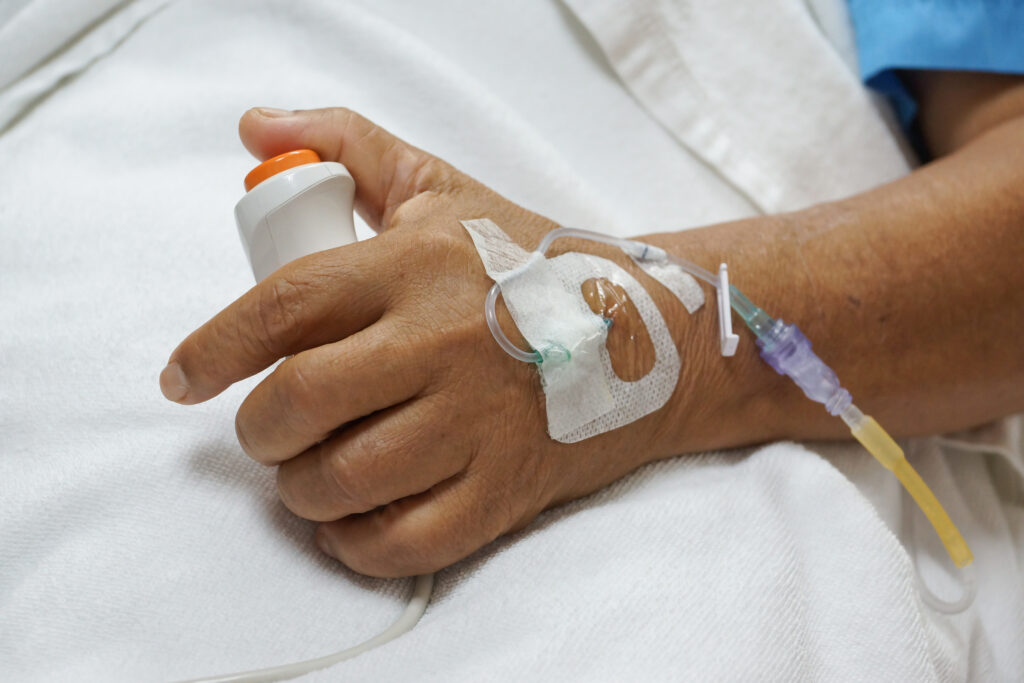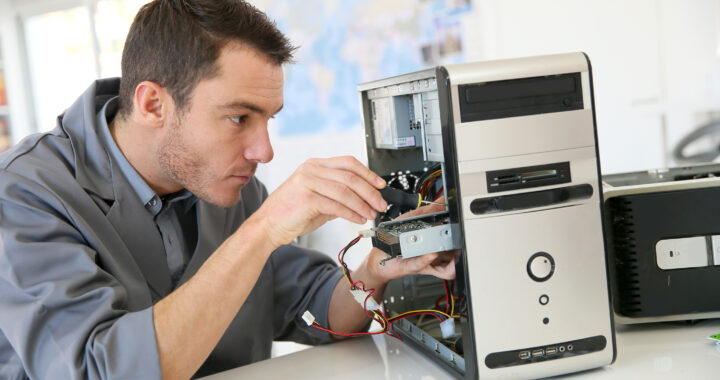RCI has hundreds of clients in nearly as many industries across Virginia and the surrounding states. And while every workplace is unique, there are certain features that particular sectors strongly tend to use more often. Here’s how we provide IT support for the medical industry.
It Support For The Medical Industry: The Usual, With Some Modifications
In some ways, hospitals, vets, and doctors’ offices are like any other workplace. No matter where you work, there is some technology that everyone needs: phone systems, computers, and maybe surveillance, sound, and paging.
IT support for the medical industry typically uses all of the above. However, it has specific needs within those technologies. For example, due to HIPAA guidelines, medical offices are some of the only professional offices that still commonly use fax machines.
HIPAA and Privacy Concerns
Beyond fax machines, IT support for medical technology involves providing additional privacy compliance standards. Some features commonly valuable for other businesses often draw concerns for medical offices.
For example, call recording storage needs to meet specific standards. Most modern telephone systems have features in place to address this or integrate seamlessly with third-party software that does.
Similarly, data servers require additional security protocols to maintain patient privacy.
When Lives Are on the Line, You Need Dependable IT
No one enjoys a drop in productivity brought on by a power outage or downed internet. It’s the kind of thing that can tank a whole day of profit for any business. But when you work in the medical or veterinary industries, it can also harm someone’s health or, worse, a loss of life.
That’s why when providing IT support for the medical industry, RCI always recommends extra precautions. SIP trunks are an excellent example of how those extra precautions come into play.
VOIP technology revolutionized the telecommunications industry. Besides allowing the big telecoms to stop creating new infrastructure (as discussed in last month’s linked-to blog), it also permitted end business users to have game-changing features for a fraction of the cost.
Suddenly features that cost 10,000 to add (again, like call recording) that included new equipment and a server could come as a standard system feature! True, SIP trunks would never be as stable as POTs lines used to be, but most business owners and managers were happy to sacrifice stability for new features. What was some garbled audio or dropped call here and there in exchange for the ability to prove someone said something they claimed not to?
Everyone was used to calling people back after losing connection since cell phones made their first appearance anyway! Besides, the IP horse was out of the telecommunications barn. And most calls went over the internet at some point in their journey.
But when seconds matter, a call back does too. That’s why SIP alone is often not enough for the medical industry. We often recommend having a POTS line back up to our clients in the medical or other fields where losing a call is more than just an inconvenience.
Luckily, most modern telephone systems allow for a POTS input so that if the internet goes down, they still have a way to make and receive calls.

Nurse Call
Finally, RCI also works with one technology specific to the medical industry – nurse call systems. If you’ve ever visited a hospital or nursing home, you’ve seen a nurse call system. They’re the mechanism beside hospital beds that allow patients to alert nurses that they need help.
For RCI, nurse call systems were a natural outgrowth from sound and paging equipment. We already had several medical providers that relied upon us for phones. So mastering nurse call was a no-brainer once we got into sound and paging.
That’s because nurse call systems feed into sound and paging equipment so you can hear announcements over the hospital loudspeaker systems. As far as RCI was concerned, nurse call equipment was just another endpoint for the work we were already doing.
We learned the equipment and now operate several systems across the state.
RCI and Medical IT Support
While working for an industry that deals in life and death could be intimidating, RCI is privileged to call many doctors, vets, and medical systems customers. We enjoy the challenge of providing unrivaled IT support for the medical industry.
We know that your IT is the lifeblood of your business, no matter what industry, so we were happy to bring you the support you need to ensure your communication is running at its best.



